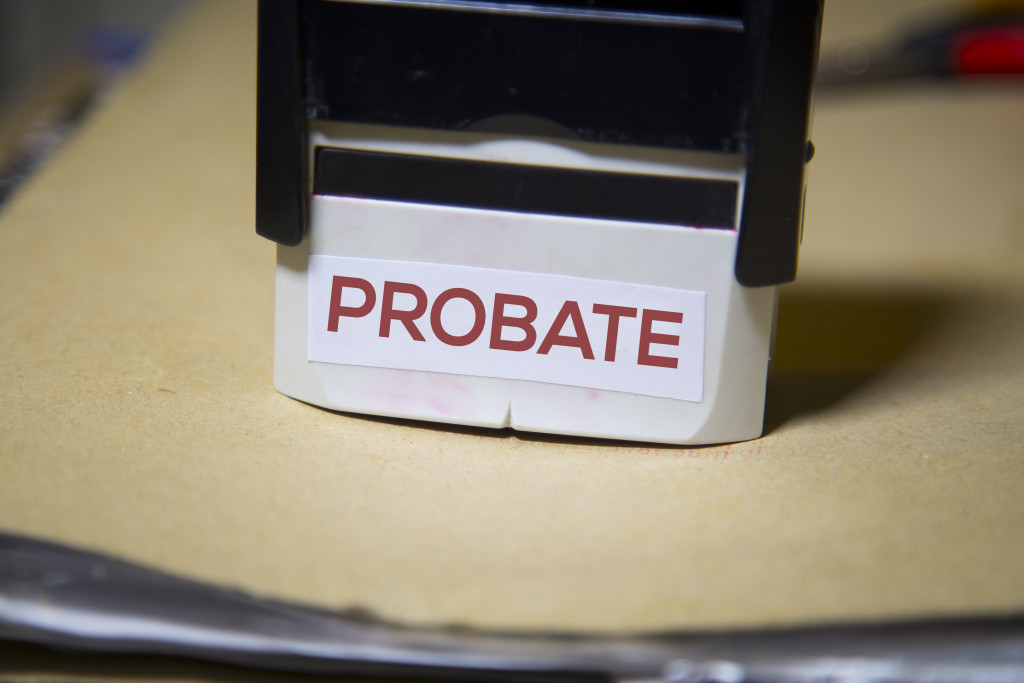Unless a person wants to die like a royal Egyptian, they cannot bury their assets with them. They need to decide what to do with them while they’re still alive.
Luckily, unlike during the times of the pharaohs, one can get help from an estate attorney. These experts can provide ideas on leaving these assets to their loved ones or organizations without increasing their taxes and covering their debts.
The problem is, discussions can sometimes fail because not everyone understands the legal terms. For example, what is the difference between a will and probate? This is what the article wants to answer today.
What Is a Will?
A will is a document that sets out how an individual would like to distribute their property and possessions upon death and name a guardian for any children under the age of 18. A will becomes effective once the signer passes away unless it has been revoked before one’s death by executing a new will or through the probate process.
This type of will is different from what others call the living will. Also known as an advance directive or “advance decision,” it contains a person’s wishes regarding medical treatment should they become unable to communicate them at some point in the future due to illness or accident.
A living will specifies whether the individual would like to accept or refuse particular treatments under specific circumstances, such as if they become terminally ill or permanently unconscious or had severe dementia.
Notarization and Revocation of a Will

As a legal document, it is both binding and enforceable. But to be valid, it needs to meet specific criteria, and these can vary between states.
Take, for instance, notarization. In general, notarization isn’t essential, especially if the document meets other requirements. First, the person who made the will did it while they have a sound mind and body. They weren’t also coerced to create and/or sign the document.
Second, the will contains the signatures of witnesses, who should also satisfy the following qualifications:
- They are at least 18 years old, which means they are capable of signing legal documents.
- The witnesses are also of sound mind and body.
- These people do not have any interest in the will or the assets listed on the document. In other words, they do not inherit anything from the signer and are, therefore, not likely to be relatives.
However, some states request that the will be notarized before it becomes valid. Moreover, in certain situations, the will can be revoked, become invalid, or disputed.
These situations include signing the document while legally insane or the contents do not match the actual assets the signer owns. The court will also consider it invalid if there’s any sign of fraud.
What Is Probate?
If the person dies with a will, then there are two possible scenarios:
- Depending on the state, the executor (in charge of fulfilling the contents of the will) will then initiate a simple transfer of assets to the beneficiaries or heirs. In California, for example, this step occurs if the estate’s total value is no more than $100,000.
- The will and the estate go through probate.
Probate is a legal proceeding that occurs after an individual has passed away. A representative of the estate, either a trustee or the executor named in the will, must take steps to confirm that an individual has died and gather together their assets.
The administrator must then continue with the housekeeping functions usually associated with winding up a deceased person’s affairs. This might include selling off property if this is necessary for paying outstanding debts or taxes and consolidating any other investments. It can also involve transferring money from one account to another to consolidate all available funds within the estate.
Once this is complete, the beneficiaries of the estate (those who are entitled to receive certain things) can be identified and contacted. The executor pays out any money left within the estate to these people in accordance with what was stipulated in the will or according to intestacy rules if no will was made.
Probates usually last within a year. The shortest is around four to six months. It can extend to 12 months or more when the situation is more complicated. The deceased might have owned a lot of assets and identified several beneficiaries or heirs. The probate can also extend because of disputes.
In conclusion, a will is a legal document that enters into probate, which helps determine its validity and ensures that the conditions are executed properly.


